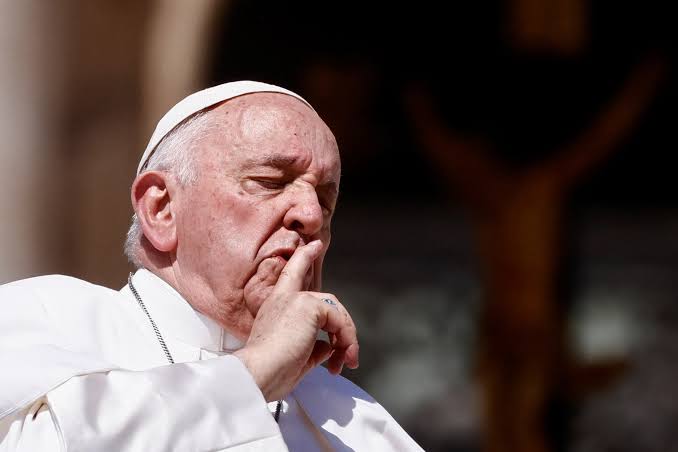By Dr. Utkarsh Mathur, April 21, 2025
Vatican City — The world is mourning the passing of Pope Francis, the 266th Pope of the Roman Catholic Church, who died peacefully at the age of 88 in Vatican City. As news of his death spread across the globe, tributes poured in from leaders, religious figures, and citizens of all faiths, honoring a man widely regarded as one of the most compassionate and transformative figures in modern Church history.

Pope Francis, born Jorge Mario Bergoglio on December 17, 1936, in Buenos Aires, Argentina, made history in 2013 when he became the first Jesuit Pope, the first Pope from the Americas, and the first non-European Pope in more than 1,200 years. His choice of the name Francis, after St. Francis of Assisi, signaled from the beginning a papacy focused on humility, poverty, and care for the marginalized.
A Life of Humility and Service
Before ascending to the papacy, Bergoglio served as Archbishop of Buenos Aires, where he was known for his modest lifestyle and hands-on ministry in the slums. He often took public transportation, lived in a simple apartment, and cooked his own meals. That same simplicity would later define his approach as Pope, rejecting the ornate trappings of the Vatican in favor of a small guesthouse and simple garments.
A Papacy of Reform and Outreach
Pope Francis’s papacy was marked by bold efforts to reform the Church and bring it closer to the people. He sought to clean up the Vatican’s financial institutions, make the Curia (the Church’s governing body) more transparent, and ensure accountability in the wake of global sexual abuse scandals.
He softened the Church’s tone on issues such as homosexuality, divorce, and cohabitation, famously asking, “Who am I to judge?” This pastoral approach endeared him to millions and expanded the Church’s reach to many who had felt excluded.
A Global Moral Voice
Beyond Church walls, Pope Francis emerged as a powerful moral voice on the global stage. His 2015 encyclical “Laudato Si’” called for urgent action on climate change and became a cornerstone document for environmental movements worldwide.
He consistently spoke out against income inequality, war, xenophobia, and the plight of refugees, emphasizing the importance of mercy, inclusion, and global solidarity. His visits to war zones, refugee camps, and impoverished communities demonstrated a papacy rooted in action and empathy.
A Champion of Interfaith Dialogue
Pope Francis also made historic strides in interfaith relations, particularly with Islam and Judaism. His meetings with imams, rabbis, and other religious leaders were part of his effort to build bridges and promote peace in a world increasingly divided by religion and ideology.
In 2019, he became the first pope to visit the Arabian Peninsula, where he signed the Document on Human Fraternity with the Grand Imam of Al-Azhar, calling for mutual understanding and coexistence.
Global Reactions to His Passing
The Vatican confirmed the Pope’s death with deep sorrow, noting that “the Holy Father departed this world as he lived in it — with dignity, humility, and faith.” Preparations for his funeral are underway, with thousands expected to gather in St. Peter’s Square for a farewell ceremony of immense spiritual and global significance.
U.S. President, UN Secretary-General, and heads of state from Argentina, Italy, and beyond issued statements honoring his memory. Catholic communities from Manila to Mexico City held vigils and Masses in his honor.
A Lasting Legacy
Pope Francis leaves behind a Church reshaped by his gentler yet unwavering hand. He redefined what it meant to lead the Catholic Church in the 21st century — not as a distant ruler, but as a “shepherd who carries the smell of his sheep.”
He will be remembered not just as a religious leader, but as a global humanitarian, advocate for justice, and symbol of moral courage in a fractured world.
As bells toll across the Vatican and candles light up altars across the globe, one message echoes clearly: Pope Francis may have passed, but his spirit of compassion, reform, and hope lives on.
Frequently Asked Questions (FAQ)
Q: When did Pope Francis die?
A: Pope Francis passed away on April 21, 2025, at the age of 88 in Vatican City.
Q: What is Pope Francis known for?
A: He was known for his humility, climate advocacy, interfaith efforts, and reforming the Catholic Church.